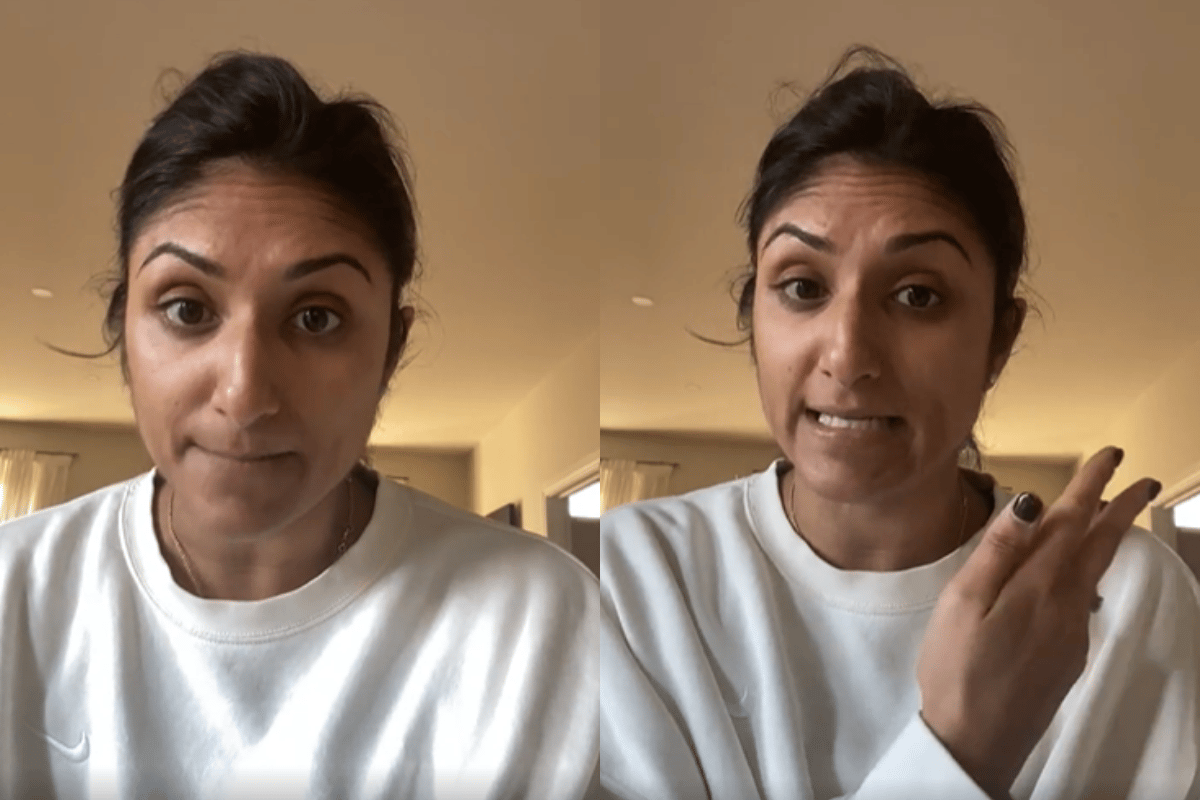
It's been mere days since Aussies were told that anyone under the age 40 can get the AstraZeneca vaccine. And it's fair to say, many of us are confused.
On Monday night, after an emergency meeting of the National Cabinet, Prime Minister Scott Morrison announced that younger people, who were previously told Pfizer is the preferred vaccine for their age group, can receive the AstraZeneca vaccine if they want to and are fully accepting of the rare health risks associated with it.
Following the announcement, state premiers and chief health officers have criticised the government's mixed messaging and warned against ignoring advice from the Australian Technical Advisory Group on Immunisation (ATAGI), leaving many of us with questions and concerns.
And we're not the only ones.
Watch: Thank you to masks. Post continues below.
According to Dr Preeya Alexander, even "the GPs of Australia are confused".
So she wants to clear a few things up.
Earlier today, the General Practitioner, author and mum-of-two shared a video on Instagram, clarifying what the Therapeutic Good Administration of Australia (TGA) and Australian Technical Advisory Group on Immunisation (ATAGI) have said about the vaccines, and what we can do to make an informed decision.

Top Comments
Hi bell12345,
Thank you for your comment.
The latest information on the TGA website states: "the AstraZeneca vaccine remains approved by the TGA (and most other major regulators) for those 18 and over." You can find more information here: https://www.tga.gov.au/periodic/covid-19-vaccine-weekly-safety-report-01-07-2021
Thank you,
Mamamia Team